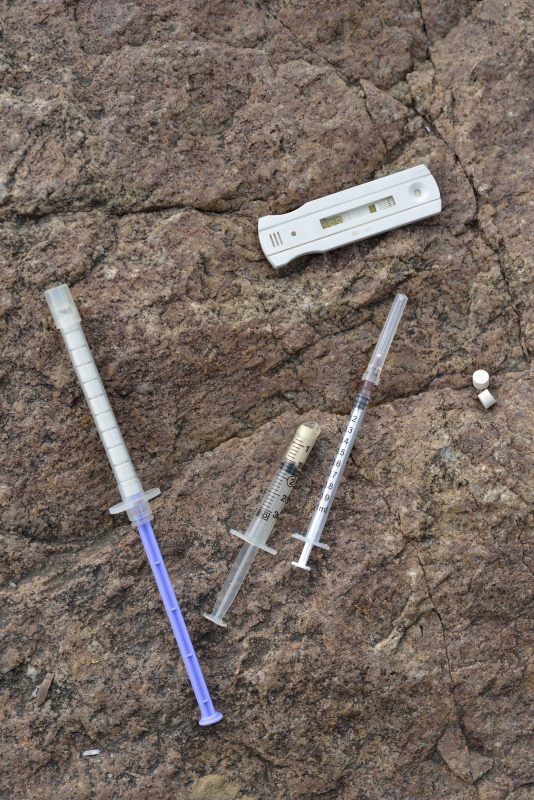ULTRA RAPID OPIATE DETOXIFICATION WITHOUT ANAESTHESIA
Ultra Rapid Detoxification (UROD) is a scientific and safe protocol to hasten the removal of drugs, especially Opiates, from the body of the User. Opiates are drugs that are derived from Opium. This group includes chemicals such as Heroin, Smack or Brown Sugar, Opium, Cough Syrups such as Phensidyl and Corex, Proxyvon, Spasmoproxyvon, Butaproxyvon, Fortwin, Morphine and Tidigesic injections. One important factor in Opiate Deaddiction, or more correctly, Opiate Detoxification is that the patients fear of withdrawal perpetuates dependency or makes it more permanent. For the late stage opiate addicted individual, fear of the pain from withdrawal can be THE single factor that continues their dependency. They are so overwhelmingly frightened of the pain of Detox that they would much rather continue taking the drug than face the withdrawal. Ultra Rapid Detoxification (UROD) is a painless way of withdrawal for Opiate addicts.
Fears and anxieties about withdrawal may deter some addicts from seeking treatment and such factors can also increase the level of distress experienced during withdrawal. An intriguing feature of the Ultra Rapid Detoxification (UROD) is that the withdrawal is maximally hastened while the addict is under the effect of LIGHT SEDATION. Therefore, the individual does not consciously experience any symptoms of opiate withdrawal. The prospects of not having to experience any withdrawal symptoms make this procedure non-threatening to addicts and therefore very successful.
Ultra Rapid Detoxification (UROD) under LIGHT SEDATION can be safely performed by adhering to current medical standards. The efficacy of this rapid opioid detoxification followed by Naltrexone maintenance and psychotherapy has the potential to be an extremely efficacious treatment for Opiate addiction. The detoxification process is 100% effective in that everyone who undergoes this procedure becomes detoxified, which is not the case with conventional, long drawn Detox where patients very often drop out of treatment.

